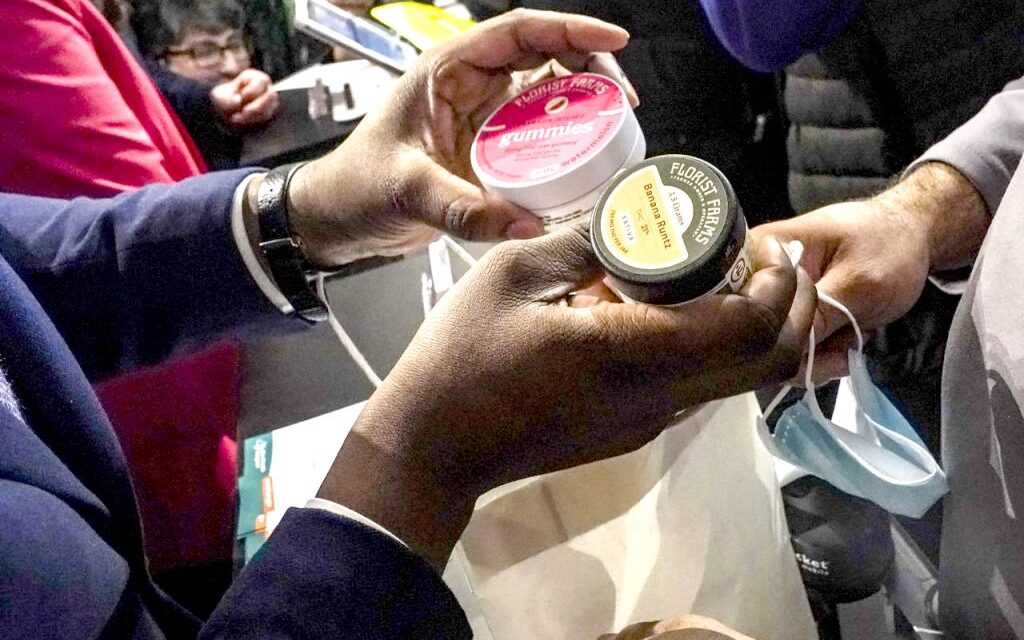On Monday, just over two years since Alabama became the 37th state to legalize medical marijuana, the Alabama Medical Cannabis Commission will award licenses to grow, process, test, transport, and dispense the drug in the state for medicinal purposes.
According to the law, at least a quarter of the awardees in all but one category (integrated facility) must be minority-owned—defined as at least 51 percent owned by individuals of African American, Native American, Hispanic, or Asian descent. For the integrated facility category, where up to five licenses will be awarded, the minimum threshold is 20 percent.
The other categories are cultivator (up to 12 licenses will be awarded), processor (up to 4), dispensary (up to 4) secure transporter (no limit), and state testing laboratory (no limit).
About one-third of the 90 applicants qualified by the commission “indicates that the applicant is majority owned and controlled by a minority group,” commission spokesperson Brittany Peters shared in an email.
The commission “will satisfy the minority criteria set by the statute,” Peters wrote. “If this cannot be accomplished in the current offering of licenses, then a future offering of licenses may be necessary.”
All applicants were required to disclose their ownership structure. Here’s complete list applications (with redactions by the applicants; some are all but completely redacted).
Minority participation in what is projected to be a $70 billion industry by 2028—and last year accounted for 428,059 full-time jobs, according to the 2022 Leafly Jobs Report—has been a source of frustration nationwide since California became the first state to legalize marijuana in 1996.
African American entrepreneurs account for less than two percent of business owners in the nation, according to the 2021 Leafly Jobs Report. That’s worse than in 2017 when 4.3 percent were Black. (That year 81% of cannabis business owners were white, 5.7 percent Hispanic, and 2.4% Asian.)
“The cannabis industry must show true commitment to equity as it expands, so the wealth generated by this new opportunity will uplift minority communities,” the 2021 reports stated. “If it cannot we will continue to see these communities struggle in the shadow of white supremacy without a fair shot.”
Among the companies applying for an Alabama license that listed themselves as minority owed: 1819 Labs (processor), Trulieve AL (integrated facility), I Am Farms, (cultivator), James Gang Dispensary (cultivator), Native Black Cultivation (cultivation), Sanitus (cultivator), ), GP6 Wellness, (dispensary), Kush Medicinal (dispensary), LeBlue Fields (dispensary), Shangrila AL (dispensary), Harvell Motor Company (secure transport), Pick Up My Things (secure transport), and XLCR (secure transport).
Cultivator licensees could start growing marijuana within weeks, an AMCC member told AL.com’s Mike Cason in April. The various forms of medical cannabis (pills, oils, ointments, patches, and gelatinous tubes) could be available for consumers before the end of 2023, the board member said.
The timeline could, however, be slowed by appeals. Applicants that do not receive a license can ask the AMCC to reconsider its decision. Failing that, they may also take the matter to court.











